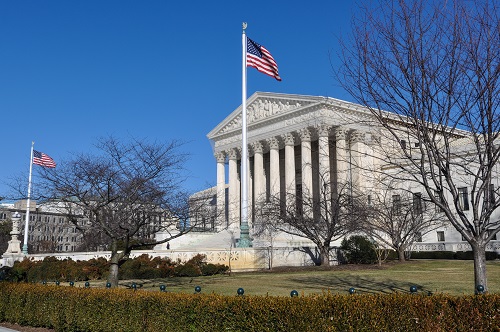EU should seize Russian reserves to rebuild Ukraine, top diplomat says
EU capitals should consider seizing frozen Russian foreign exchange reserves to help pay for the cost of rebuilding Ukraine after the war, the bloc’s top diplomat has said, as the west debates how to force Moscow to pay for some of the damage the conflict has caused.
Josep Borrell, the EU’s high representative for foreign policy, said the US had taken control of billions of dollars’ worth of assets belonging to the Afghan central bank, in part to potentially compensate victims of terrorism as well as for humanitarian aid for the country, and that it would be logical to consider similar steps with Russia’s reserves.
“I would be very much in favour because it is full of logic,” said Borrell in an interview with the Financial Times. “We have the money in our pockets, and someone has to explain to me why it is good for the Afghan money and not good for the Russian money.”
Early in the war the EU and its allies froze hundreds of billions of dollars’ worth of foreign exchange reserves parked in accounts by the Russian central bank. Russia said in March that the central bank sanctions had frozen about $300bn out of its gold and forex reserves, which total more than $600bn.
EU officials have examined the question of whether Russia’s reserves could somehow be deployed in the Ukraine reconstruction effort, but Brussels has not come forward with any policy proposals on the topic. Borrell raised the idea as one of a number of ways in which Russia could be made to contribute.
Asked last month whether the money could be seized and used to rebuild Ukraine, US Treasury secretary Janet Yellen said it was not something to be done lightly, that it should only be done in co-ordination with allies, and that it might require legislation in the US.
Borrell said the question of how to pay for the rebuilding of Ukraine was one of the key political questions, given the “incredible amount of money” that would be involved. He wanted to see a discussion about methods of ensuring “war compensations” came from Russia.
The European Commission has said the reconstruction price tag could run into hundreds of billions of euros, and Europe is expected to bear a significant share of the burden. Sums raised in recent pledging conferences by Ukraine’s partners, he added, had been a mere “drop of water in the ocean” compared with what would be needed.
US president Joe Biden has proposed oligarchs’ seized assets could be sold off to help rebuild Ukraine — an idea also advocated last week by European Council president Charles Michel. Commission officials have been examining ways of making this legally more straightforward, but the topic is fraught given the overriding need to respect due process and not to railroad through individuals’ legal rights.
Asset confiscations are sometimes possible following a criminal conviction, but that requirement would not be satisfied just because someone was sanctioned.
The idea of seizing Russian foreign exchange reserves would mark a dramatic move that would probably alarm other governments with fraught relations with the EU and its partners.
But Borrell argued that it would not be without precedent, pointing to the US’s decision to set aside $3.5bn of frozen assets of the Afghan central bank for needs including humanitarian relief and compensation for families of victims of the September 11 attacks.
“This is one of the most important political questions on the table: who is going to pay for the reconstruction of Ukraine?” Borrell said.








